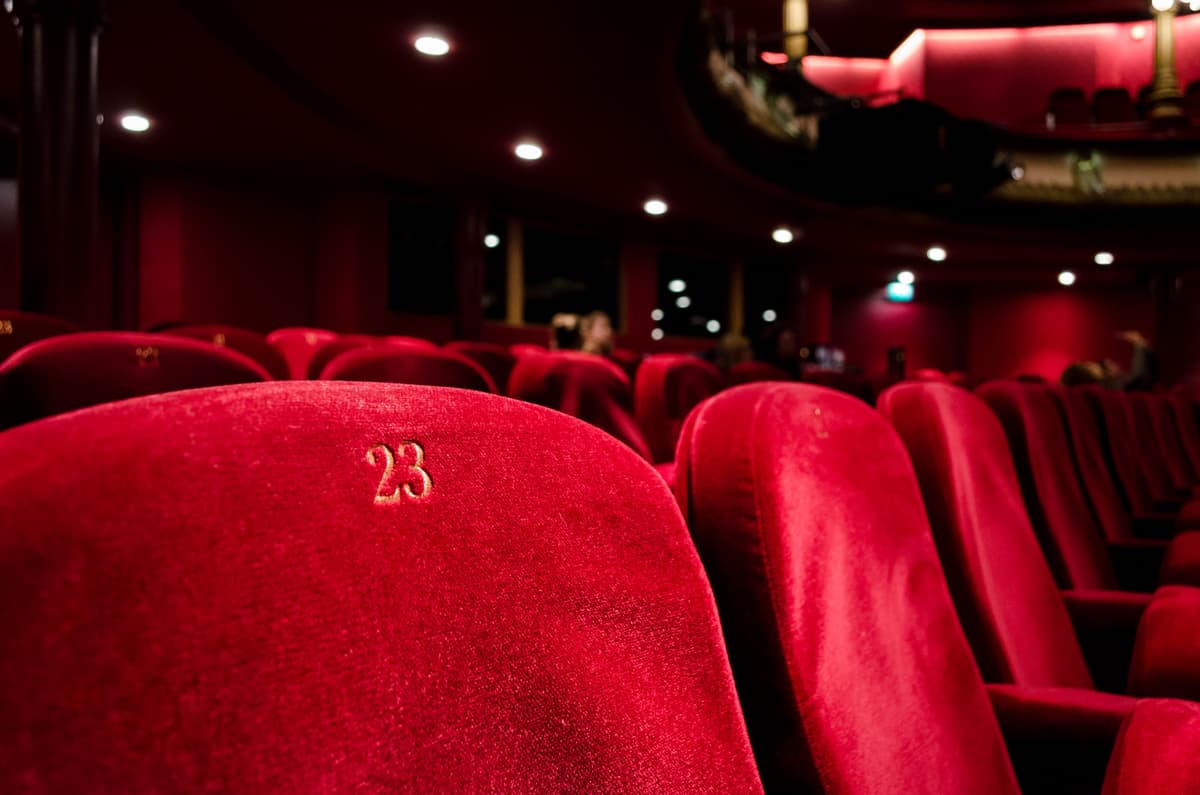Examine the Reasons Behind the Decline in Music Audiences After Covid
There has been a fair amount of commentary in the UK in recent months about a noticeable drop in audience numbers for concerts as live music returns to (almost) normal post-pandemic. In almost every article and discussion, ongoing anxiety about Covid was cited as the main reason why audiences are not returning – whether anxiety about catching Covid in a crowded concert venue or opera house, or the possibility that the programme may be changed, or the concert cancelled at the last minute due to illness amongst performers.
In fact, audience surveys reveal that Covid is fairly low on audiences’ list of concerns (source here: https://www.audienceoutlookmonitor.com).
So if it’s not Covid that’s keeping people away, what is it?

© Kilyan Sockalingum on Unsplash
1. Cost of tickets
Concert tickets have noticeably increased in price since the pandemic as venues try to recoup lost revenue when they were closed or forced to operate with limited capacity (West End ticket prices are about c30% since the spring). This is in the face of a serious cost of living crisis which means people have less discretionary spending, even those from the more affluent demographic which tends to comprise classical concert audiences. As pressure on personal finances bites, people cut back on activities and spending which they may deem to be “non-essential”. Unfortunately, for many people, concert-going may now fall into this category.
2. Additional costs of attending a concert
On top of the concert ticket (c£25-£30 on average in London), there are additional costs such as travel and food and beverages (a glass of wine at a leading London venue now costs nearly £10!). Add these to the ticket price and it’s already turned into quite a pricey night out. (See 1. above.)
3. Time value
Is this concert worth my time? Will I get value for money and value for my time if I attend? High ticket prices raise the level of audience expectation: the higher the price, the less likely that expectations will be met, leading to disappointment (see also 5. below).
4. The seductively low or zero cost of streaming services at home
Why schlepp uptown with all the additional costs of going to a concert or opera when you can watch from the comfort of your living room, the only spend being a reasonably-priced bottle of wine from Lidl.
5. Programmes
Audiences are reporting that some promoters/artistic directors/venues are simply not offering them the kind of music they really want to hear. We have an inherent cognitive bias towards minimising disappointment over maximising enjoyment; this especially works against ‘new’ content.
6. Ease of booking
Organisers and promoters report that audiences are booking later and later, which is deeply anxiety-making for concert organisers. Because there is an assumption amongst concert-goers that there will be last-minute availability, and online booking is easily accessible via your smartphone, concert-goers will act accordingly and book at the last minute. This also ties in with 3. above, whereby people are weighing up the benefits/value to them of attending a concert and then deciding at the last minute whether or not to go.
Stephen Hough performing in an empty Wigmore Hall, summer 2020
Some possible solutions:
1. Dynamic pricing — in which ticket prices increase as demand increases (a pricing model favoured by airlines such as EasyJet).
To make this work, you have to first open with a low ticket price and step-up prices as demand builds. So, for example, you might run an ‘Early Bird’ ticket offer in the first instance, and increase prices as the concert date approaches. Audiences may be incentivised to book earlier because of the special offer.
2. Lower prices across the board
Venues are reporting low audience numbers and while all of the points above may be contributing factors, price is the single most important issue at present. Most concert tickets are priced according to seat position in the venue – the best seats cost the most. While some people may enjoy the kudos of being in the most expensive seats in the house, I suspect many more would happily pay a lot less. Why not offer lower prices across the entire venue and enjoy potentially higher attendance?
3. Give audiences the programmes they want to hear
It is possible to offer programmes which include both the well-known/popular works of the classical canon alongside lesser-known, rarely-performed or new music. Remember that people go to concerts for entertainment (in the best possible meaning of that word), to escape from life’s daily grind for a few hours, to meet up with friends, and because they enjoy live music.
4. Build greater trust between promoter/organiser/artistic director and audiences
Nurture and respect your audiences and they will repay you with their presence. (I will write more about trust in a future article.)
For more of the best in classical music, sign up to our E-Newsletter
Richard Wagner: Parsifal (excerpts arr. A. Gourlay for orchestra as Parsifal Suite) – Act I: Transformation Music
